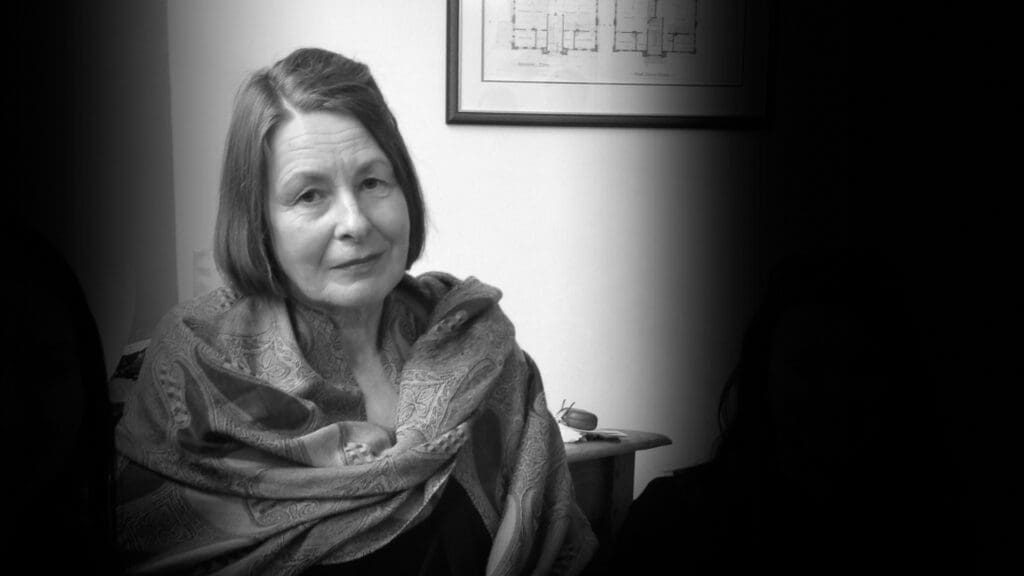Morrison Government’s attempt to undermine important democratic role of Unions must be blocked
The Morrison Government’s plan to impose drastic new regulations on unions is unnecessary, unreasonable and will undermine workers’ ability to stand together, the Human Rights Law Centre, the Australian Conservation Foundation, the Public Interest Advocacy Centre and Community Legal Centres NSW, told a parliamentary committee.
The four organisations have recommended that the parliament not pass the Fair Work (Registered Organisations) Amendment (Ensuring Integrity) Bill 2019 in a joint submission to the Senate Education and Employment Legislation Committee.
The proposed law gives employers and government Ministers broader powers to interfere in union leadership and meddle in decisions.
The Government’s plan to impose more regulation on trade unions will interfere with Australians’ right of freedom of association, which includes the right to form and join trade unions. Trade unions play a valuable role in a healthy democracy by offering workers the opportunity to join together and demand better conditions and pay at work.
“At a time when wage theft is making headlines and wage growth is at record lows, it’s clear that Australians need the advocacy of trade unions to level the power difference that exists between working people and their employers. Instead of supporting workers’ ability to join together, this law would hinder unions’ ability to perform their primary function of standing up for the rights of working people,” said Ms Howie.
The proposed law would also give Ministers and employers the ability to bring court proceedings that interfere in the functioning and existence of unions by giving them broader powers to cancel a union’s registration, place a union into administration or amalgamate with one another.
“Laws like these would be unprecedented in comparable democracies around the world. The Bill would create all sorts of legal problems and disputes, because it will unfairly allow the opponents of unions to interfere in the internal democratic governance of those unions. It must be union members who democratically decide who will represent them,” said Ms Howie.
Current law already allows for disqualification of officials for misconduct, but the proposed law will go much further, allowing disqualification on dubious grounds such as the late filing of paperwork. It also makes strike action, a fundamental tenet of freedom of association, a ground for disqualification.
“The Morrison Government has failed to provide any evidence as to why these sweeping new powers are needed. If our right to association is going to be wound back, at the very minimum the Government must show us why that limitation is necessary and reasonable. We haven’t seen that justification so it’s hard not to assume this is a politically motivated law aimed at hampering the ability of working people to organize and bargain collectively,” said Ms Howie.
Read the submission to the Senate Education and Employment Legislation Committee here.
Media contact:
Michelle Bennett, Communications Director: 0419 100 519
Media Enquiries
Chandi Bates
Media and Communications Manager

Malinauskas Government must take historic opportunity and adopt Human Rights Act after inquiry recommendation
The Human Rights Law Centre has congratulated the South Australian parliamentary inquiry recommendation for a South Australian Human Rights Act.
Read more
Legal challenge filed against Tasmanian Parole Board’s decision to gag free speech
The Human Rights Law Centre has filed legal proceedings on behalf of Tasmanian grandmother, Susan Neill-Fraser, to challenge a restrictive parole condition placed on her by the Tasmanian Parole Board seeking to limit her ability to speak to the media.
Read more
University of Melbourne urged to drop repressive anti-protest and surveillance policies
The University of Melbourne is being urged to abandon policy changes that restrict staff and students’ right to protest and permit the widespread surveillance of people using their wifi network.
Read more


